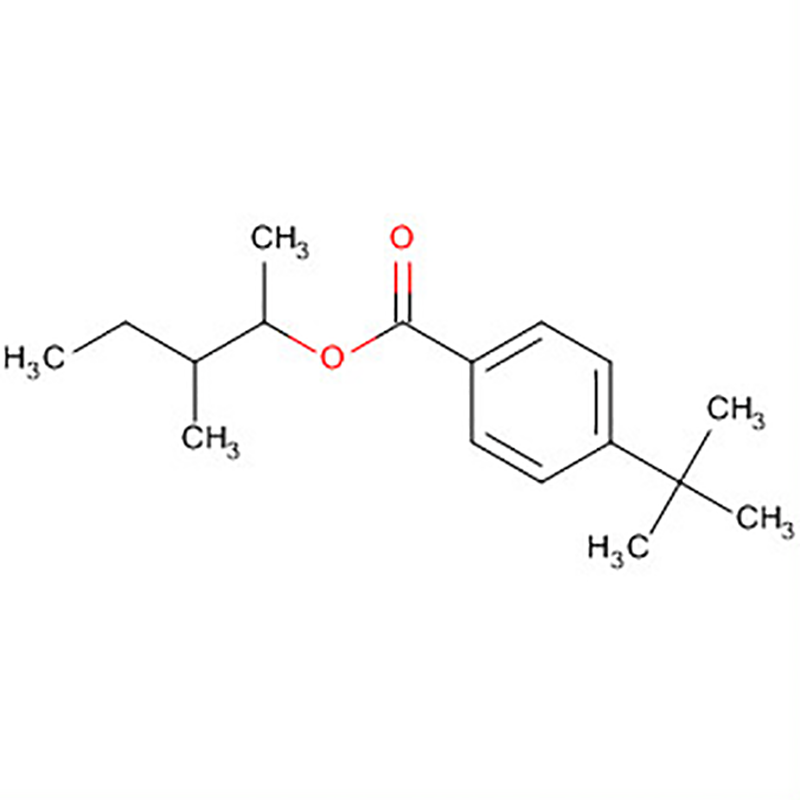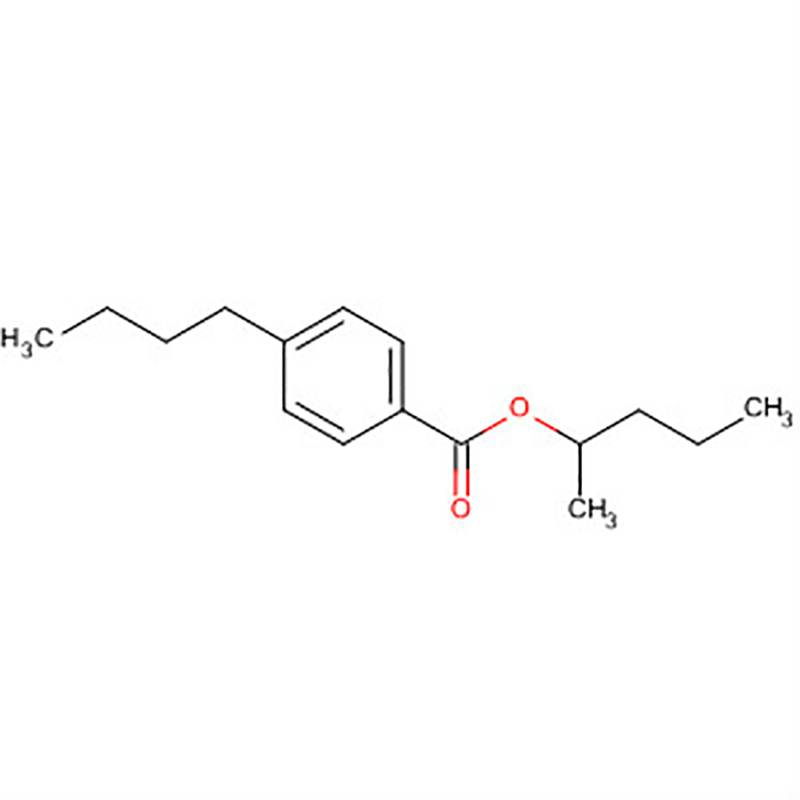-
Categories
-
Pharmaceutical Intermediates
-
Active Pharmaceutical Ingredients
-
Food Additives
- Industrial Coatings
- Agrochemicals
- Dyes and Pigments
- Surfactant
- Flavors and Fragrances
- Chemical Reagents
- Catalyst and Auxiliary
- Natural Products
- Inorganic Chemistry
-
Organic Chemistry
-
Biochemical Engineering
- Analytical Chemistry
-
Cosmetic Ingredient
- Water Treatment Chemical
-
Pharmaceutical Intermediates
Promotion
ECHEMI Mall
Wholesale
Weekly Price
Exhibition
News
-
Trade Service
The chemical industry plays a vital role in our daily lives, providing the raw materials and products that are essential for many different industries, including pharmaceuticals, electronics, and construction.
However, the production and use of chemicals also pose certain risks, and it is important for companies and individuals involved in the industry to take appropriate measures to ensure the safety of their workers and the surrounding environment.
One chemical that is commonly used in the chemical industry is 3-chloro-7H-pyrrolo[2,3-c]pyridazine.
This compound is also known as TCP, and it is used as a catalyst in the production of various chemicals, including plastics and dyes.
However, TCP is also classified as a potential human carcinogen by the International Agency for Research on Cancer (IARC), which means that there is evidence to suggest that it may cause cancer in humans.
To ensure the safety of workers who handle TCP, it is important for companies to follow proper safety procedures and guidelines.
This may include providing appropriate personal protective equipment (PPE), such as gloves and respirators, to prevent exposure to the chemical.
Companies should also provide appropriate training to employees on the safe handling and use of TCP, as well as regular monitoring of employee exposure levels to ensure that they are within acceptable limits.
It is also important for companies to take measures to minimize the release of TCP into the environment.
This may include the use of containment measures, such as dikes or berms, to prevent spills or leaks from reaching nearby water sources.
Companies may also need to implement procedures for the proper disposal of TCP waste, in accordance with local and federal regulations.
In addition to the risks posed by TCP, there are other safety considerations that companies in the chemical industry should take into account.
This may include the safe storage and handling of other hazardous chemicals, as well as the implementation of emergency response plans in the event of an accident or spill.
Overall, the safety of workers and the surrounding environment is of the utmost importance in the chemical industry.
Companies that handle hazardous chemicals, including 3-chloro-7H-pyrrolo[2,3-c]pyridazine, must take appropriate measures to prevent exposure and minimize the release of these chemicals into the environment.
By doing so, they can help to ensure the health and safety of their workers and the surrounding community.







